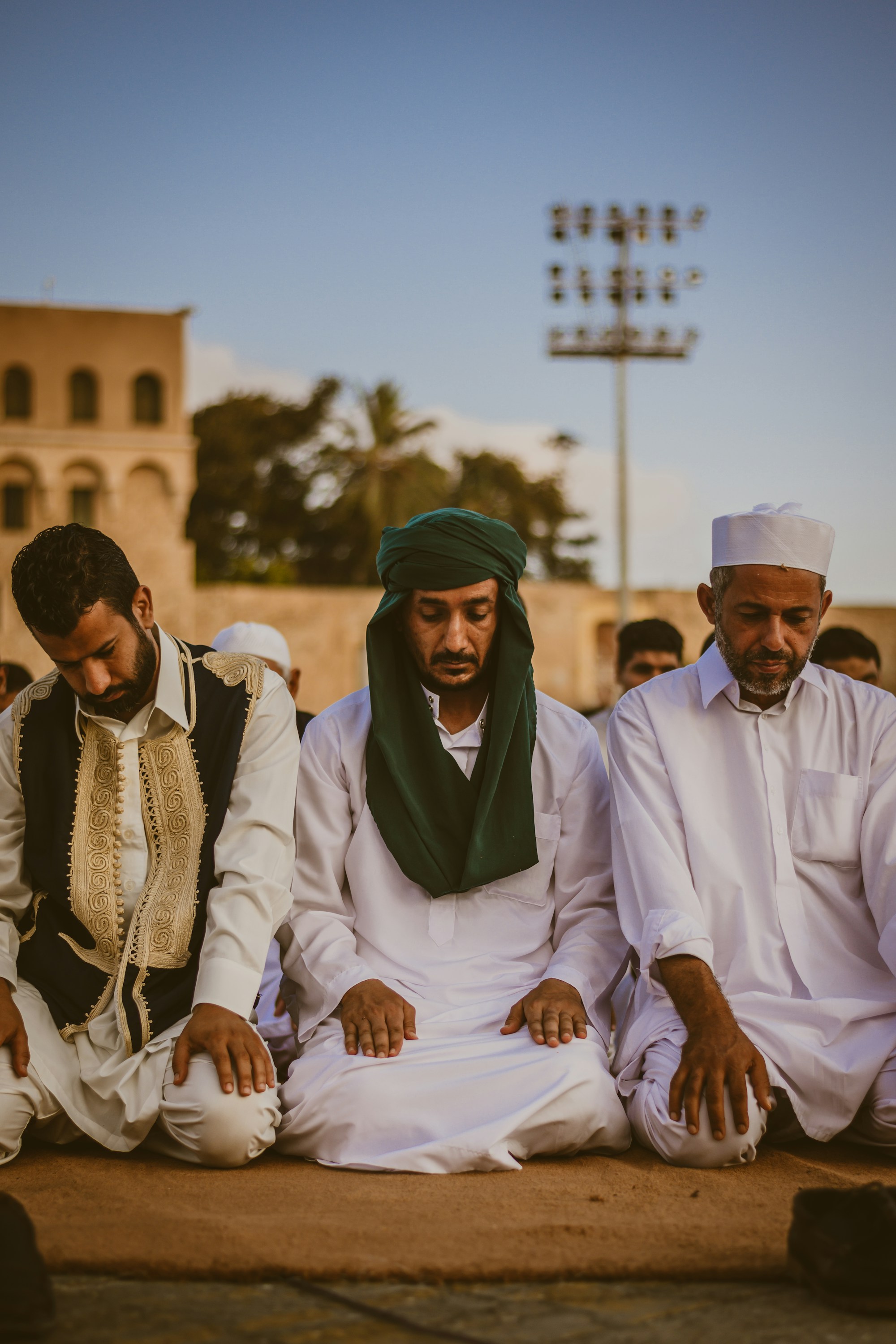Tripoli Travel Guide: Discover Essential Sights and Experiences
Explore Tripoli's rich history and vibrant culture - marvel at ancient architecture, savor local cuisine, and stroll through bustling markets. Dive in!

Introduction to Tripoli
Tripoli, the capital city of Libya and the country's largest city, is a treasure trove of rich history, intriguing culture, and picturesque landscapes. Located on the edge of the desert, by the Mediterranean Sea, this city offers a unique blend of Mediterranean charm and Arabian heritage.
Historical Context
Founded by the Phoenicians around 500 BC as Oea, Tripoli has a history that spans centuries and was governed by several different civilizations, including the Romans, the Ottomans, and the Italians. Each culture has left its mark on the city, creating a diverse and unique architectural and cultural blend.
Places to Visit
The Red Castle
One of Tripoli's most iconic landmarks is the Red Castle (Assaraya al-Hamra), a vast palace complex with a museum that offers insights into Libya's history from prehistoric times to the present day.
The Old City (Medina)
Brimming with narrow twisting streets and bustling bazaars, the old city, also known as the Medina, transports visitors back in time. It is adorned with Italian-style buildings, Ottoman-era mosques, and traditional Arabic-style houses.
The Arch of Marcus Aurelius
Another testament to Tripoli's rich history is the Arch of Marcus Aurelius, an impressive Roman-era monument, and the only remaining piece of the ancient Roman city of Oea.
Cultural Practices
Despite modernization, Tripoli retains a strong sense of tradition and the city's cultural practices reflect the influences of the Berber, Arab, and Ottoman traditions. Tea and coffee culture is prevalent here, and the city comes to life after sunset, when local people gather in coffee shops to chat and smoke shisha.
Festivals
Tripoli comes alive during festivals such as the Ghadames Festival, which celebrates the city's unique desert culture with music, dance, and traditional foods. The Tripoli Film Festival is another cultural highlight, showcasing films from around the world while promoting Libyan cinema.
Local Anecdotes
Visitors to Tripoli often remark on the city's hospitality, with locals going out of their way to help tourists. One famous anecdote talks of a local man who, upon seeing a lost tourist, personally guided them to their destination, refusing any offer of payment.
Interesting Facts
Despite its location in North Africa, Tripoli experiences a Mediterranean climate with hot, dry summers and mild, wet winters. The official language is Arabic, but English and Italian are commonly spoken.
End Note
Tripoli, with its rich blend of history, culture, and modern convenience, offers something for every traveler. Its people, warm and hospitable, add to the charm that makes a visit unforgettable.
Google Maps link:
